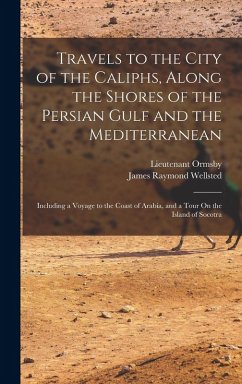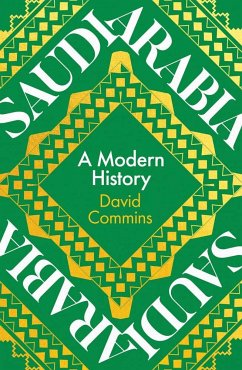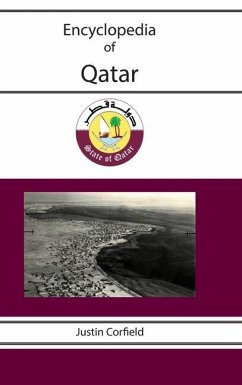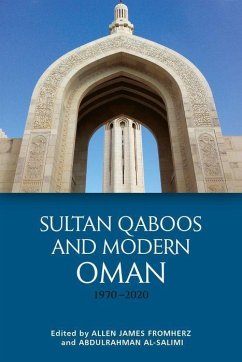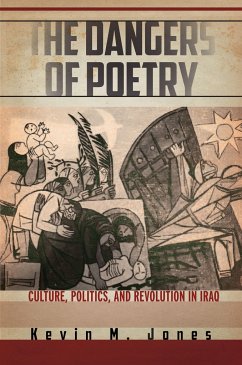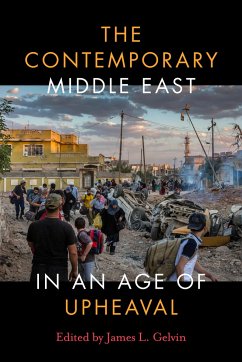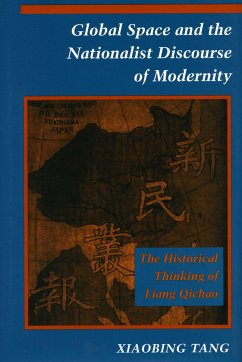
Making Space for the Gulf
Histories of Regionalism and the Middle East
Versandkostenfrei!
Versandfertig in über 4 Wochen
117,99 €
inkl. MwSt.
Weitere Ausgaben:

PAYBACK Punkte
59 °P sammeln!
"The Persian Gulf has long been a contested space-an object of imperial ambitions, national antagonisms, and migratory dreams. The roots of these contestations lie in the different ways the Gulf has been defined as a region, both by those who live there and those beyond its shore. Making Space for the Gulf reveals how capitalism, empire-building, geopolitics, and urbanism have each shaped understandings of the region over the last two centuries. Here, the Gulf comes into view as a created space, encompassing dynamic social relations and competing interests. Arang Keshavarzian writes a new hist...
"The Persian Gulf has long been a contested space-an object of imperial ambitions, national antagonisms, and migratory dreams. The roots of these contestations lie in the different ways the Gulf has been defined as a region, both by those who live there and those beyond its shore. Making Space for the Gulf reveals how capitalism, empire-building, geopolitics, and urbanism have each shaped understandings of the region over the last two centuries. Here, the Gulf comes into view as a created space, encompassing dynamic social relations and competing interests. Arang Keshavarzian writes a new history of the region that places Iran, Iraq, and the Arab Peninsula together within global processes. He connects moments more often treated as ruptures-the discovery of oil, the Iranian Revolution, the rise and decline of British empire, the emergence of American power-and crafts a narrative populated by a diverse range of people-migrants and ruling families, pearl-divers and star architects, striking taxi drivers and dethroned rulers, protectors of British India and stewards of globalized American universities. Tacking across geographic scales, Keshavarzian reveals how the Gulf has been globalized through transnational relations, regionalized as a geopolitical category, and cleaved along national divisions and social inequalities. When understood as a process, not an object, the Persian Gulf reveals much about how regions and the world have been made in modern times. Making Space for the Gulf offers a fresh understanding of this globally consequential place"--







